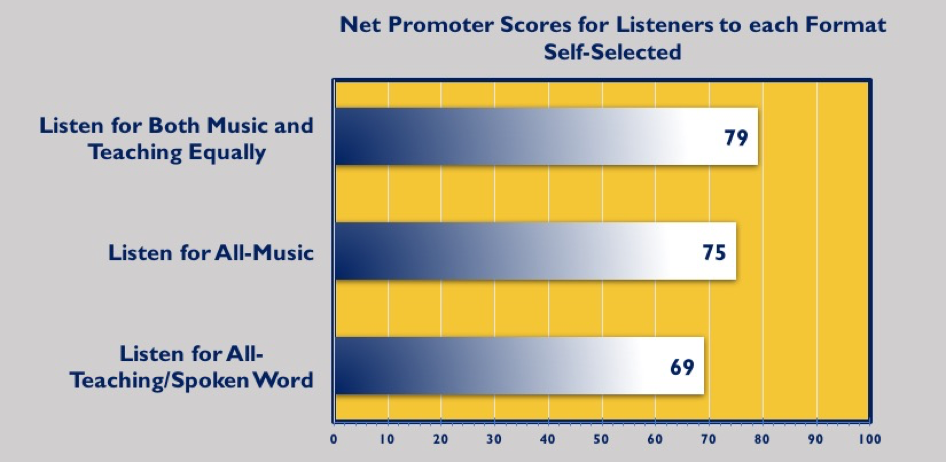The future is on my mind. Yours, too, judging from recent conversations. As a result, I’ve compiled a few questions that have come my way, with thoughts. Whether you agree or not, the conversation is worth the energy, for the future is the page God gives us to serve Him.
Here we go.
1) What should my station, network or ministry do today, to be positioned for future years of impact?
We recommend that change become something you study, and by that we mean more than media change. Focus your attention on other industries, too – airlines, retail such as Walmart and Amazon, and then other forms such as Google. Within the media space, stretch to outside your immediate type. If you are in radio, look at music and publishing, video and new digital methods such as Alexa. Know what you can know. Also know the things you can’t know. Develop principles from your review. For example, digital will be the delivery when the listener is ready – and when it’s easy, intuitive and free (or cheap). Be prepped and poised to move quickly.
2) What’s the best way to update how we target our audience?
Society is a mix and you want to reflect that. But possibly less obvious, but also true is this: Address where the world actually is on things about God. We tend to talk as though our audience is a tiny church-going bubble and assume way too many things about where our listener is. In reality, only some of the available audience is in the conservative Bible church bubble. The impact comes in doing what we do in a way that is widely accessible and simultaneously consistent with the Word.
3) What can we learn from some of the larger churches?
Good examples for radio are the bigger churches with the most non-church people going and trying. Why? Because they are so much like what we are trying to accomplish – broadly accessible without turning away the core. It’s so helpful if the people weighing in “get” great product but also “get” Christian belief. You can’t fake genuine passion! This is a group worth visiting and observing.
As we wrap this post, a reminder to me and you how our studying and reviewing needs to be done prayerfully, relying on the Holy Spirit’s guidance. God got our future and He’s got plans!
Next time, Part 2….who is winning as people cut cords?


